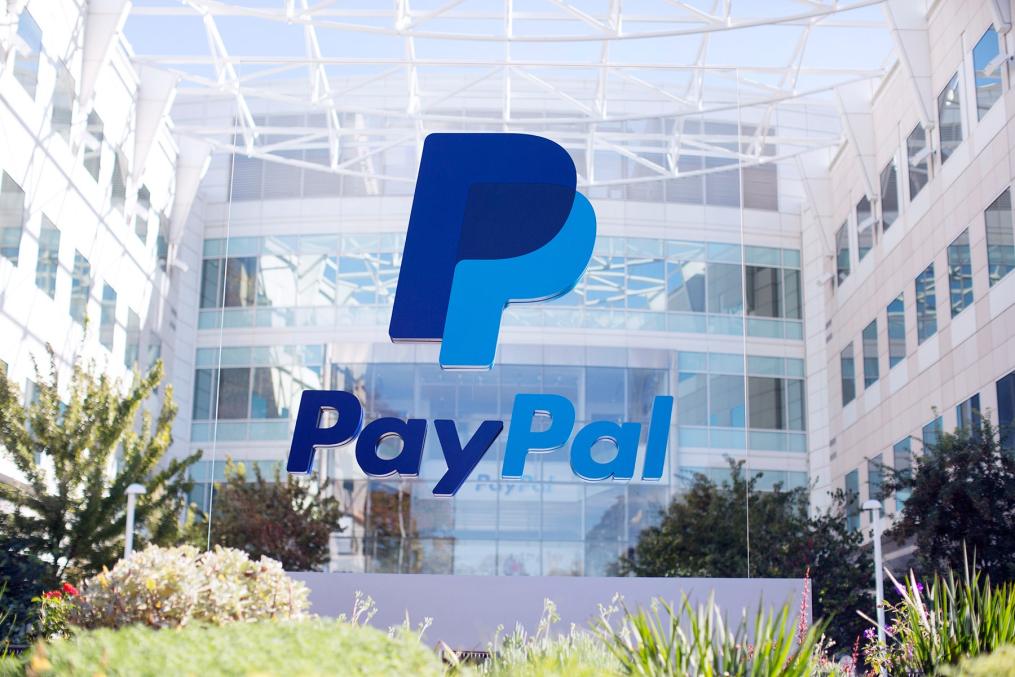PayPal vs. Traditional Banks: Which is Better for International Money Transfers?
With the increasing globalization of businesses and individuals, the need for fast, secure, and cost-effective international money transfers has become more critical than ever. Two prominent players in this arena are PayPal, a digital payment giant, and traditional banks, with their long-standing reputation and established infrastructure.

This article aims to compare PayPal and traditional banks in terms of fees, exchange rates, transfer speed, security, and other relevant factors to help you make an informed decision about which platform best suits your international money transfer needs.
Understanding PayPal: A Digital Payment Giant
PayPal is a global online payment system that enables individuals and businesses to send and receive money online. With over 300 million active users in over 200 countries, PayPal has become a popular choice for international money transfers due to its ease of use, global reach, and fast transfer speeds.
Advantages Of Using PayPal For International Money Transfers:
- Ease of use: PayPal's user interface is simple and intuitive, making it easy for anyone to send and receive money.
- Global presence: PayPal supports transfers to over 200 countries and currencies, making it a convenient option for those who need to send money abroad.
- Fast transfer speeds: PayPal transfers are typically processed within minutes or hours, making it a great choice for urgent payments.
- Security: PayPal employs robust encryption and fraud protection measures to keep user funds and data safe.
Traditional Banks: A Pillar Of Financial Services
Traditional banks have long been the go-to option for international money transfers. With their extensive network of branches and partnerships, established infrastructure, and competitive exchange rates, banks offer a reliable and secure way to send money abroad.
Advantages Of Using Traditional Banks For International Money Transfers:
- Established infrastructure: Banks have a vast network of branches and partnerships, enabling them to facilitate international money transfers quickly and efficiently.
- Competitive exchange rates: Banks often offer better exchange rates than non-bank providers, especially for large transfer amounts.
- Personal service: Banks provide access to dedicated customer support and financial advisors who can assist with international money transfers and other financial needs.
- Trust and reliability: Banks have a long-standing reputation and are subject to strict regulatory oversight, which instills trust and confidence in customers.
Comparative Analysis: PayPal Vs. Traditional Banks
Fees And Charges:

PayPal charges transaction fees for international money transfers, which vary depending on the amount and currency of the transfer. Traditional banks may also charge transaction fees, but these can vary significantly from bank to bank. It's important to compare the fees charged by both platforms before making a decision.
Exchange Rates:
PayPal and traditional banks use different methods to determine exchange rates for international money transfers. PayPal typically adds a markup to the mid-market rate, while banks may offer more competitive rates, especially for large transfer amounts. It's essential to compare the exchange rates offered by both platforms to get the best value for your money.
Transfer Speed:
PayPal transfers are typically processed within minutes or hours, making it a great option for urgent payments. Traditional banks, on the other hand, may take several days or even weeks to complete an international money transfer. The transfer speed can be a crucial factor for those who need to send money quickly.
Security And Reliability:
Both PayPal and traditional banks employ robust security measures to protect user funds and data. PayPal uses encryption and fraud protection technologies, while banks rely on their established infrastructure and regulatory oversight to ensure the safety of transactions.
Additional Considerations:
- Customer Support: PayPal offers customer support through its website and mobile app, while traditional banks may provide support through branches, phone, or online.
- Convenience and Accessibility: PayPal's online platform and mobile app make it convenient to send and receive money from anywhere. Traditional banks may require you to visit a branch or use their online banking platform.
Making An Informed Choice
The choice between PayPal and traditional banks for international money transfers depends on your individual needs and preferences. Consider factors such as fees, exchange rates, transfer speed, security, customer support, and convenience when making your decision.
If you prioritize ease of use, global reach, and fast transfer speeds, PayPal may be a suitable option. However, if you're looking for competitive exchange rates, personal service, and the security of a long-standing financial institution, a traditional bank might be a better choice.
Ultimately, the best way to decide which platform is right for you is to compare the fees, exchange rates, and other relevant factors offered by PayPal and traditional banks and choose the one that best meets your specific requirements.
YesNo

Leave a Reply